SOCIAL
A fake tweet said Eli Lilly giving away free insulin – May cost Twitter millions
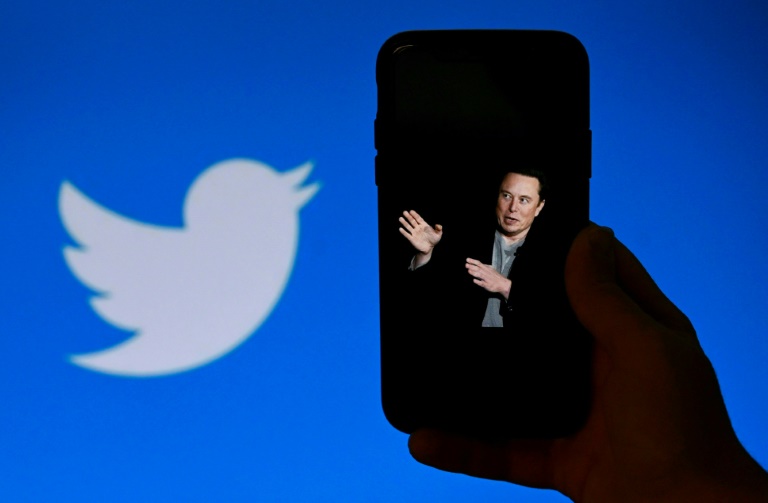
Twitter’s move to suspend a new paid checkmark system and reintroduce an ‘official’ badge, was part of attempts to tamp down fake accounts which had proliferated since Elon Musk’s takeover – Copyright AFP/File OLIVIER DOULIERY
Eli Lilly halted ad spending after a fake “blue-check” account went viral last week stating that “we are excited to announce insulin was free now.”
The Twitter account @EliLillyandCo had a blue check mark indicating the account was legitimate, a badge that Twitter had used for years to signal an account’s authenticity.
However, when billionaire Elon Musk took over Twitter, he declared, “power to the people,” according to the Washington Post, and opened the “verified account” to anyone, as long as they paid $8.00.
But the Twitter account was a fake – one of what became a fast-multiplying horde of impersonated businesses, political leaders, government agencies, and celebrities.
Needless to say, on Thursday night, Twitter paused Musk’s first major product launch — a paid-for blue check mark — after misinformation flooded the site.
Eli Lilly wasn’t the only company to be hit with a fake account. Someone impersonated Lockheed Martin Corp (NYSE: LMT), and using a fake Twitter Blue account, said the company was stopping weapons sales to a number of countries.
What is interesting is Twitter’s response to Eli Lilly’s request that the fake account be removed immediately. The company was worried it could undermine its brand’s reputation or push false claims about people’s medicine.
However, with Twitter’s staff cut in half by Musk, the company didn’t react to the pharmaceutical company’s request for over five hours.
On Friday morning, Eli Lilly halted all its ads on Twitter, a potentially serious blow, given that the $330 billion company controls the kind of massive advertising budget that Musk says the company needs to avoid bankruptcy.
They also paused their Twitter publishing plan for all corporate accounts around the world.
“For $8, they’re potentially losing out on millions of dollars in ad revenue,” said Amy O’Connor, a former senior communications official at Eli Lilly who now works at a trade association. “What’s the benefit to a company … of staying on Twitter? It’s not worth the risk when patient trust and health are on the line.”



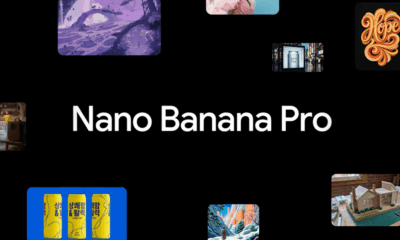

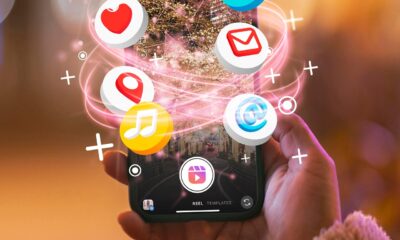

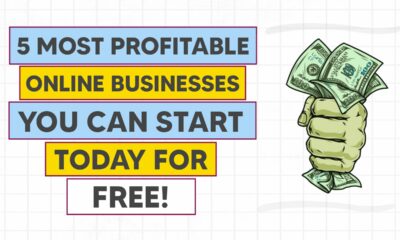

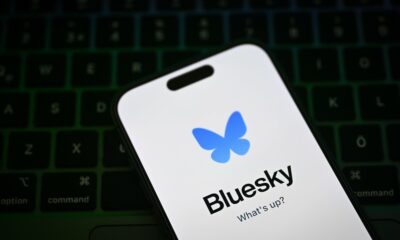



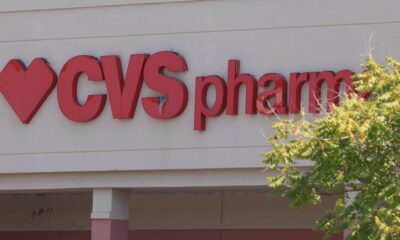





You must be logged in to post a comment Login